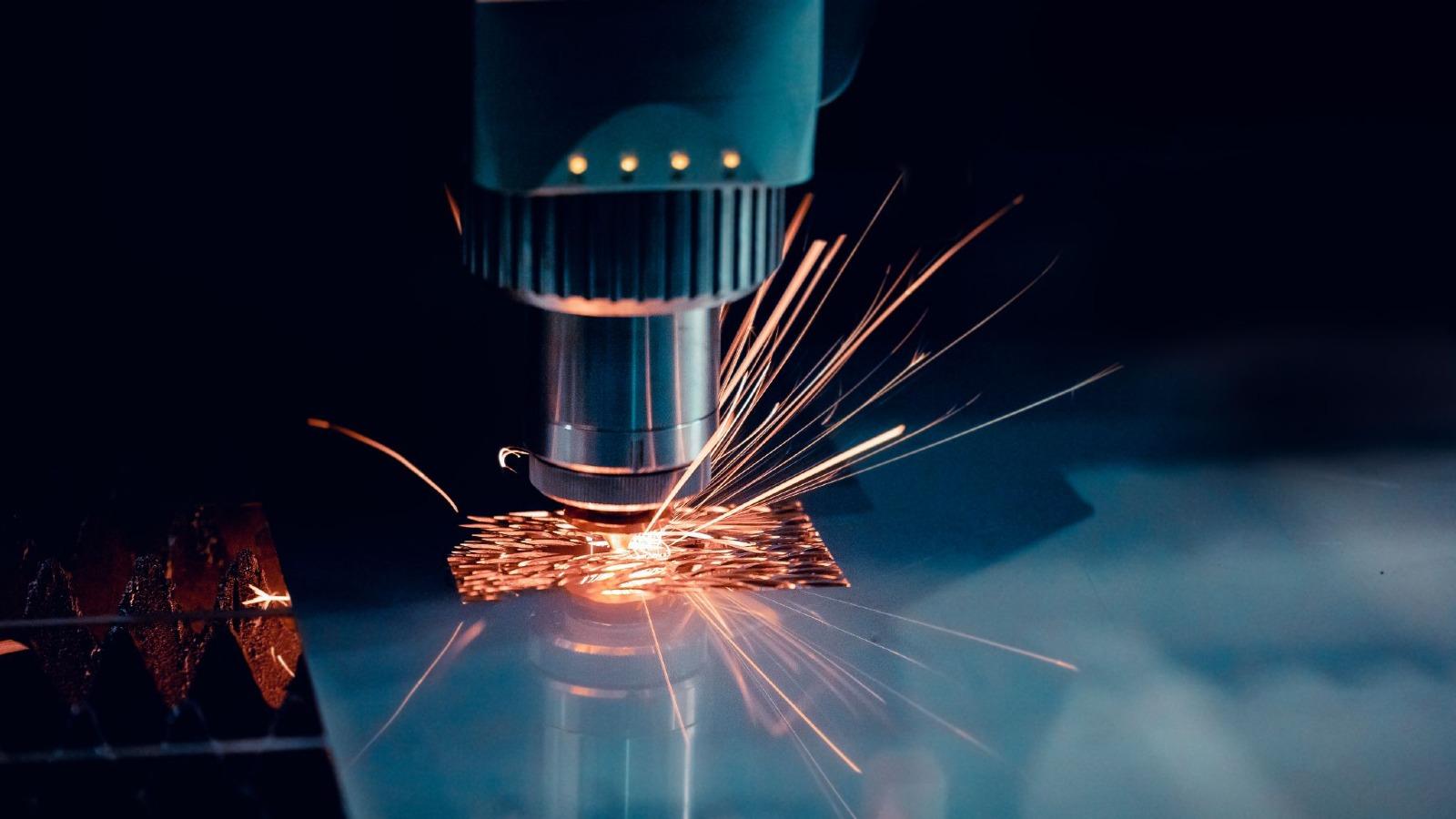Value of an ecosystem
The complexity of AI solutions often requires expertise from multiple domains, some of which are typically not available in-house, so companies are advised to rely on an ecosystem of AI players for support. Collaboration can not only address skill gaps but, more importantly, also facilitate the exchange of cutting-edge knowledge and best practices, driving collective learning and innovation. This shared expertise helps accelerate the development and deployment of AI solutions, enabling companies to stay ahead in a competitive market.
Key players
End users
By providing real-world data and feedback, end users help technology providers and consultants imagine, design and continuously improve and optimise AI solutions.
Technology providers
Technology providers develop advanced algorithms, machine learning frameworks, hardware accelerators and cloud-based services that facilitate and accelerate the development and deployment of AI solutions.
Consulting firms
Consulting firms like PwC offer strategic, technological and operational support for AI adoption.
Academic institutions
Collaborating with academic institutions can provide access to the latest innovations and a deeper understanding of AI technologies. They also provide a talent pipeline of AI-trained graduates.
Government bodies
Government bodies provide compliance guidance to make sure that AI initiatives meet legal and ethical standards, reducing risks and building trust.
Collaborative networks
Collaborative networks are groups of companies and professionals with shared goals, providing a platform for collaboration and knowledge sharing, e.g. industry associations.
Cases
Case 1
Optimising tool wear detection
Together with KU Leuven, four machining companies and TISEA, a machine integrator specialising in smart solutions, Sirris, a dynamic not-for-profit organisation founded and governed by industry, set up a collaborative research project to leverage AI to optimise tool wear detection and create a scalable, affordable solution that automates decision making and enhances precision. The project achieved an impressive 95% certainty in predicting tool wear.
Case 2
Advancing robotic manipulation with tactile sensors
Melexis, a global supplier of micro-electronic semiconductor solutions, has been developing magnetic touch technology that addresses the need for shear force detection. With the support of the VLAIO-project SKINAXIS, Brubotics, a multidisciplinary consortium of eight research groups from the VUB, is applying this technology to robotic use cases, creating innovative solutions for safer and more precise robotic interactions. Brubotics has successfully prototyped this technology in rehabilitation centres, where the robot detects the patient’s movement and provides assistance as needed. Additionally, the technology has been integrated into a functional prototype for tasks like fruit picking, demonstrating its broader applicability.

Collaboration drives innovation
Understanding the perspectives of different players in the AI ecosystem is crucial to be able to successfully navigate the AI journey. By leveraging the unique capabilities of these key players while navigating the complexities of these collaborations, the manufacturing industry can implement advanced AI solutions effectively, driving innovation and maintaining a competitive edge.
Download our third whitepaper
The collaborators – navigating the AI ecosystem
Artificial intelligence that drives real impact
Discover our generative AI Pathways
AI in Business
Artificial Intelligence isn't just a set of tools. AI heralds a new era.












